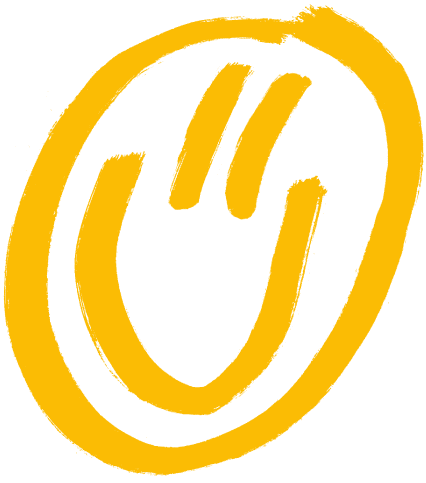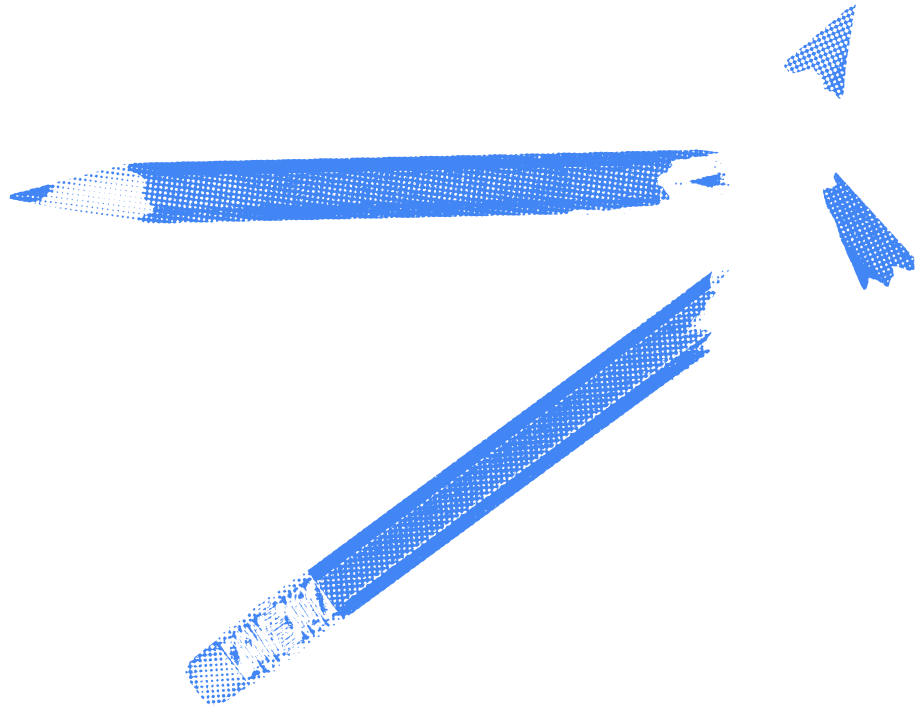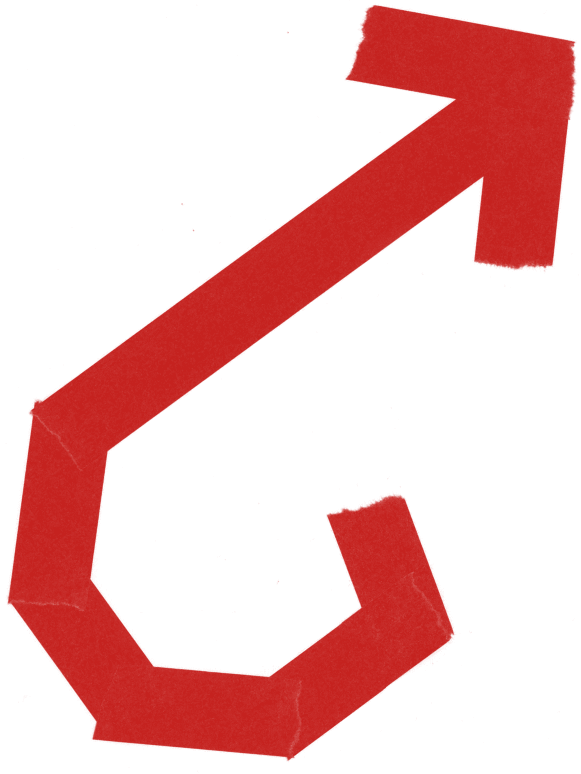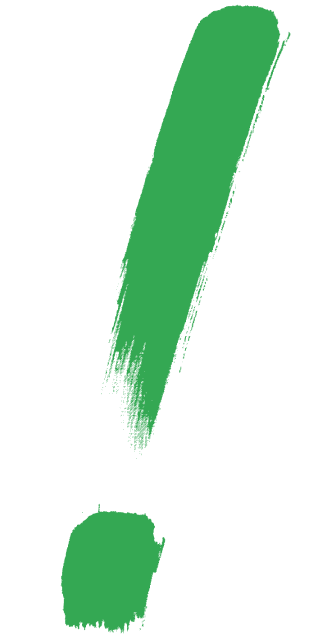Reg Flowers is an artist, activist and educator, whose work is rooted in ancient shamanic, African trickster, and Brazilian Joker traditions. They are the founder of the award-winning Falconworks Theater Company which uses popular theater to build capacities for civic engagement and social change. They are a faculty member at Pace University and a company member of Shakespeare in Detroit.
Reg Flowers
Flourishing on the fringe Interview by Shantel Wetherall
SW: I’m absolutely so excited to speak with you, because you've worked for so many years as an artist and activist and educator. Could you start by explaining how your work has arrived at the nexus of these disciplines?
RF: First of all, it's such an honor to have one's voice be of service at a time like this. And it's so interesting because part of me has felt like I have been all over the place with the skills that I've developed. And a lot of it has happened organically and pre-language for me; my ability to create started before I could even express myself verbally, and pre-knowledge of an industry where that could be utilised...and pre-knowledge of social justice, [because] that didn't exist for me for such a long time too. Then 2020 happens, and I suddenly feel like 'Oh, I understand why I've been put on this planet, to be of service in this way'. It's to bring together so many moving parts.
SW: A big element of your work involves being an outside agitator. After such a long and varied career you are evidence that flourishing exists outside of the superstructure.
RF: I have difficulty interfacing with the superstructure. I don't know how to do it, because none of my plugs fit into any of the sockets, but there's a connection that I feel to this planet. I have joy in my heart. I know I'm a follicle of hair on this gigantic creature that is the world. A lot of times we can forget that. I forget it sometimes, but I come back to that very quickly when everything else starts to fall away. Sometimes my role is to be that reminder. This period that we're in right now is a little nudge of the elbow. When the universe nudges, it can feel catastrophic, but that's part of the reality of our lives. We just don't necessarily all feel it universally in the way we're experiencing it now: All over the globe everyone is in tune with it. So there’s this beautiful reminder in the midst of all this collective tragedy that we're really together. We really need each other.
Now is the time to get spiritually fit. In isolation there's a lot of space for people to up their spiritual game and by their spiritual game, I mean that part of them that understands on a DNA level how to connect.
SW: There is a beautiful parallel here. It's been several months since the fires burned millions of hectares around Australia and ecologists are going out on country and reporting back what they observe. After a bushfire passes through a forest and everything on the surface looks completely destroyed. Some of the first life that springs forth is from the mycelium, fungi and mushrooms. They have always been allies to the trees, underground. Massive mycelial networks connect, communicate with, feed and transport messages for the trees. When an overground tragedy sweeps through, they are activated, they come above ground and start to clear the debris and turn it into the material of new life. I think that is what we're being called to do now to activate our networks on a vast scale, instead of looking to institutions or, with full respect, one person like Greta Thunberg. That is a reflection for me of an old idea of exceptionalism: a hero leading us through the desert. It’s just more individualism. I don't believe that model is going to save us if a new world is what we're working toward.
RF: I absolutely agree with that. You've described a natural manifestation of what I've inherently been sensing is happening inside every one of us individually. It feels like in that case, the requirement is that no one need intervene. Nature has it. I believe that the same is true for us individually. We have it. To know what to do next we just need to get quiet and not keep looking for somebody else to give us an answer, the answers are in there. Now is a time to rediscover them and I think it has something to do with that thing of ‘I'm building this. I don't know why I'm building it. The reason for it will present itself.’ It requires a different kind of trust in ourselves as pieces in this much larger struggle. The universe pushed every one of us out for a purpose, and we spend most of our lives ignoring it. In moments like this, we have the opportunity to rediscover why we're really here. I don't necessarily mean the meaning of life, but what my function is as an organism in the big picture. There's something very liberating for me just falling back into that. I am here for a purpose, or I wouldn’t be breathing.
SW: That’s important.
RF: And it's not the first time. During 9/11, I found myself moving into a space that was created in that tragedy. I was living in Brooklyn when Hurricane Sandy devastated so much of the seafront, including my neighbourhood. And just something clicks in, that I have been gifted by a higher power that's had me waiting in the wings for a moment like this. While everyone else may be in chaos, that's when the world to me is making sense. I've been gifted with a mind that is always making connections. It's maddening in my daily life, but in periods like this it really becomes a gift and I find myself able to be of service when for others it's really challenging. It’s not depleting for me, so when you talk about burnout… I get burned out waiting to be of service! This is when I'm spiritually ignited.
We just need to get quiet and not keep looking for somebody else to give us an answer, the answers are in there.
Now is a time to rediscover them and I think it has something to do with that thing of ‘I'm building this. I don't know why I'm building it. The reason for it will present itself.’ It requires a different kind of trust in ourselves as pieces in this much larger struggle.
The universe pushed every one of us out for a purpose, and we spend most of our lives ignoring it.
SW: Coming back to first principles and an absolute faith in your inherent gifts. I think there is a call to action in that? As an educator you help connect people with their creative abilities. What is the role of an artist or creative in engaging with broader social issues.
RF: I love this question. The truth is it's all of our role to follow that inner pull. So there's not one answer which I don't imagine you expect.
SW: I didn't think it was going to be that easy.
RF: But there is an idea which I'm constantly trying to develop in my work: critical consciousness. What is happening right now? What do you see? What are all the fibres of your being telling you needs to be transformed and what can you transform? Y’know, animals are just like, ‘Oh, that needs to go there and this is good’. They're just doing their thing.
SW: We are all instruments of transformation.
RF: All of us are instruments of transformation! So, if there was one overarching action it is to identify what it is that you do and do it. Fearlessly, do it. There are some things that I feel are the special sauce of what I do that I want everyone to have: for people to believe in their magic, to believe in their ability to manifest what doesn't exist.
SW: Let's dive into that because I think that is so critical. This ability to envisage and manifest what does not yet exist—a future beyond the horizon of the terror of climate crisis, a future beyond the horizon of the terror of racial violence, beyond so many terrible horizons—I don't know that we are as a people, as an organism, fully engaging that part of us yet. We're manifesting the fear a lot…
RF: Trying to figure it out what to do to fix that thing. That thing doesn't need fixing. We need to make a new thing. We need to envision what a world post-climate crisis looks like? What are people doing? What do people do when they get up in the morning in that world? And then what happens? What do people have at their disposal? Then we can start to see what that physical reality might look like, and we can start to construct it. If we're so busy being focused on putting out the fire, we can't see a world post-fire.
SW: We can't believe in it.
RF: You can't believe in that world.
SW: And if you don't believe in it, how will you engage all of the terrified people in building it?
RF: We need visionaries, also. Real, true visionaries. For example, there's this idea of fight and struggle, these are all words that are about domination; ‘let’s wrestle this to the ground’, as opposed to thinking through our creative spaces and our love spaces. What can we love into existence? We have armies and we have police states. We have all of these institutions of violence that we use to uphold the status quo. We don't have institutions of love.
SW: Yes. So much of the paradigm of ‘resistance’ is deeply embedded in oppositional power structures. We think that what it means to make change is to push back with equal force against the thing that we oppose. Is there an opportunity to step outside this?
RF: We need to queer it up! To queer it up because it's so caught up in this one idea of what strength looks like. When I say ‘queer it up’, I mean to find all of the different manifestations of transformation, love, play and experimentation, just all of those things that are part of queerness. Do it in a way that people don't expect. If we could queer them up—our movements and our imaginations, all those things—we can just make the alternatives so delicious.
SW: I think that is what is missing from the conversation. Our lack of faith in the value of joy is letting us down. What I see is a world full of people who are too burnt out to engage in the issues they are asked to participate in because they are all being framed as fights. What if we framed things creatively so they could feel like stepping into something joyful? What if we gave people the opportunity to engage with a conversation about climate, that wasn't just, ‘this is a fight that you must show up for. It's your moral imperative.’ If we had faith in our ability to create good and virtuous things that could be engaged with in joy and let that be a transformative process?
RF: That is something that everybody wants to show up to, it's what they've been waiting for. I think it's closer than any of us think. I think it's right there, it’s just a matter of turning around.
SW: So the entry point is curiosity, is that the pivot too?
RF: The entry point is curiosity. A lot of my theatrical work is knowing how much to give an audience. How much do I share with the audience to get them curious? The rest of it takes care of itself. You can introduce some pretty complicated terms and themes, but people have to have their curiosity engaged. And this is what we're talking about, making it joyful.
We need to queer it up! To queer it up because it's so caught up in this one idea of what strength looks like.
SW: We are often stalled by the idea that we have to throw everything out and start over. What if we could just help people get more curious? If we as creative practitioners could lead them to that as a starting point without having to single-handedly take them to the finish line. You often use your gifts to get people to open a door and step through. Do you trust that they will carry themselves onward, or that somebody else in the network will pick them up at the next point on their journey?
RF: Absolutely. We're part of a multitude: One of many.
SW: You've consistently brought novel and diverse tools to bear in your work. What are some of the tools that people should be investing in at this time?
RF: Well, I'm going to say one thing that has really shifted my understanding is I've been looking into my own ancestry. I didn't get here by accident. A lot of people ducked under a lot of stuff and jumped a lot of hurdles. So that kind of understanding can allow us to see how there's no little insignificant things here.
SW: That knowledge of self gives you hope and faith in your ability to impact the world.
RF: What you say about hope, I think is so important. I'll raise your hope and turn that hope into intention.
SW: Say more.
RF: I can hope for a brighter future or intend to be part of creating a brighter future. I am a tool that the universe pushed out for a purpose. So let me get to know my own mind, let’s investigate my thoughts and understand what makes me tick. I can only give of myself if I know who I am; if I know what I have to offer. What is key as well is to understand that the primary purpose is to function as part of the whole, that's being of service. No greater reward has ever come to me than truly feeling useful: to know that only I could have served in that space. The more I experience that, the more wealthy I feel.
Explore more
dr sanah ahsan: the practice of care and freedom against systems of domination
erika soto-lamb: challenging domination through presence
jimmy smith: on being a nathan
dr tsedale melaku: examining allyship
aries moross: creating inclusive work
royce akers: creating inclusive teams
shantel wetherall, aries moross, royce akers, nooky and felicia foxx: how to design leadership for change?
we are warriors: nooky & ben miles, ecd r/ga
john c jay: creating connections
mama alto: ways to approach boundary setting
africa brooke: three steps to setting boundaries
aries moross: know your worth and maximise your value
caroline casey: with labels come limits
takunda muzondiwa: hold onto your heritage
jimmy smith: stay rare
blair imani: the tough gets going
cheryl maas: find your unstoppable
kumi tominaga: the upside of discomfort
laura jordan bambach: feel the fear, and do it anyway
tea uglow: if the system doesn't work for you, hack it
charlie craggs: how i tackled bigotry
sandra bold: how i started a movement
bejay mulenga: how i met the queen at 21
light watkins: finding meaning through meditation
robett hollis: lead the movement you wish existed
alma har'el: liberate talent discovery
liz jackson: the original hackers
ete davies: leave no one behind
rare community: reframing allyship
takunda muzondiwa: a spoken word poem on allyship
dr sanah ahsan: psychologist & poet
erika soto-lamb: vice president, social impact strategy, showtime/mtv entertainment studios at paramount global.
jimmy smith: founder, amusement park
dr. tsedale melaku: sociologist, assistant professor of management at the zicklin school of business, baruch college (cuny), and author of 'you don’t look like a lawyer: black women and systemic gendered racism'
aries moross: illustrator & art director
shantel wetherall: writer, podcast host of 'hey aunty!'
royce akers: operating partner, mash
nooky: indigenous rapper
felicia foxx: performing artist
we are warriors: nooky & ben miles, ecd r/ga
john c jay: president of brand creative for fast retailing, owner of uniqlo
mama alto: jazz singer & ceo transgender victoria
africa brooke: consultant & writer
caroline casey: activist & management consultant
takunda muzondiwa: spoken word poet
blair imani: author, historian & activist
cheryl maas: pro-snowboarder
kumi tominaga: head of japan, creative shop @ meta
laura jordan bambach: president & chief creative officer at grey
tea uglow: creative director
charlie craggs: actress, activist, and author
sandra bold: cco at wunderman thompson benelux
bejay mulenga: entrepeuneur, founder ceo, creative consultant and public speaker
light watkins: speaker, podcaster, author, teacher
robett hollis: ex-professional snowboarder, entrepenuer, speaker and advisor
liz jackson: founder of the disabled list
malik al nasir: author, performance poet and filmmaker
tara mckenty: co-founder of rare with google
stefanie digianvincenzo: co-founder of rare with google
lo harris: multidisciplinary artist & illustrator
reggie black: artist
claudia chinyere akole: artist & illustrator
gemma o'brien: illustrator
oliver costello: director of jagun alliance aboriginal corporation
arieta tegeilolo talanoa rika: writer, storyteller & founder of talanoa
reg flowers: theatre professional and teaching artist
sulaiman khan: founder and chief radical officer of this ability limited
oliver costello our work is creation work as told to shantel wetherall
arieta tegeilolo talanoa rika the foundation of recovery interview by shantel wetherall
reg flowers flourishing on the fringe interview by shantel wetherall
naomi stead the architecture of wicked problems interview by shantel wetherall
sulaiman khan and naheed rubi khan the way forward interview by chris kenna
still i rise by lo harris
adcolor leaders mantras by reggie black
rare mantras 2022 by claudia chinyere akole
rare mantras 2021 by aries moross
rare mantras 2020 by gemma o'brien



